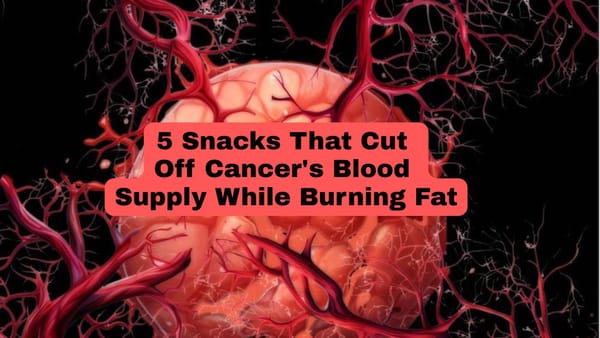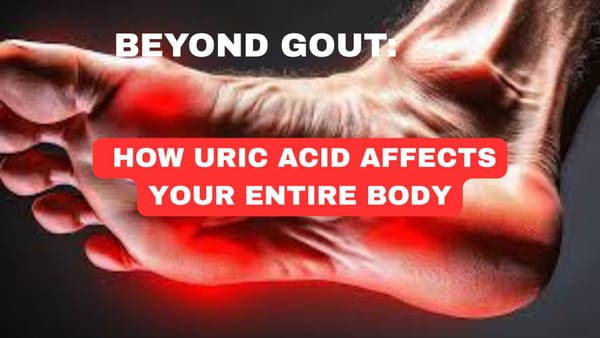Beyond Medication: Your Complete Guide to Naturally Reducing Blood Pressure
Over 1.28 billion adults aged 30-79 years worldwide have hypertension. Even more concerning is that only 42% of these individuals are diagnosed and treated. Emerging research shows that natural approaches can significantly impact blood pressure management, often without medication.
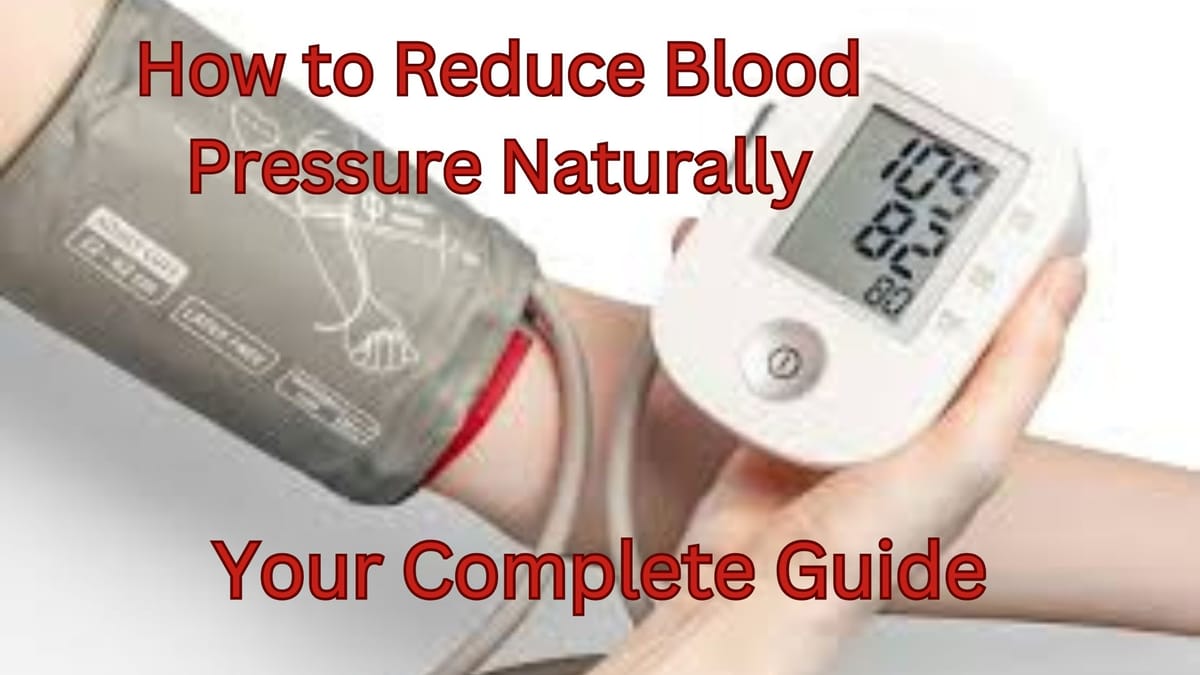
In a world where cardiovascular disease remains the leading cause of death globally, one startling statistic stands out:
Over 1.28 billion adults aged 30-79 years worldwide have hypertension. Even more concerning is that only 42% of these individuals are diagnosed and treated. Emerging research shows that natural approaches can significantly impact blood pressure management, often without medication.
Understanding the Silent Killer
The food we eat plays a fundamental role in blood pressure regulation. The DASH (Dietary Approaches to Stop Hypertension) diet has consistently proven effective in lowering blood pressure naturally. This eating pattern emphasizes:
A diet rich in fruits and vegetables provides essential potassium, magnesium, and fibre. Research shows that consuming 8-10 servings daily can lower blood pressure by up to 11 points.
Whole grains instead of refined carbohydrates help maintain steady blood sugar levels and provide important nutrients. Studies indicate that three servings of whole grains daily can reduce systolic blood pressure by six points.
Lean proteins, particularly those high in omega-3 fatty acids like fatty fish, can help reduce inflammation and improve heart health. Two to three servings of fatty fish weekly have been linked to a 4-point reduction in blood pressure.
The Salt Factor: Beyond Sodium Reduction
While reducing sodium intake is crucial, focusing on the sodium-potassium balance is important.
Exercise: The Natural Blood Pressure Regulator
Physical activity stands as one of the most effective natural interventions for hypertension. Regular exercise helps:
- Strengthen your heart muscle, making it more efficient at pumping blood
- Reduce stress hormones that can constrict blood vessels
- Promote weight loss, which directly impacts blood pressure
The ideal exercise prescription includes:
- 150 minutes of moderate aerobic activity weekly
- 2-3 strength training sessions per week
- Daily walking for at least 30 minutes

Weight Management: A Critical Factor
Research shows that losing 5-10% of your body weight can significantly lower blood pressure. Each kilogram of weight loss can reduce blood pressure by about 1 mmHg.
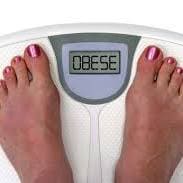
Stress Reduction: The Mind-Body Connection
Chronic stress contributes to high blood pressure by triggering your body's fight-or-flight response. Effective stress management techniques include:
Meditation and mindfulness practices have been shown to reduce systolic blood pressure by 4-8 points. Even 10 minutes daily can make a difference.
Deep breathing exercises, particularly diaphragmatic breathing, can help activate the parasympathetic nervous system, reducing blood pressure immediately.
Progressive muscle relaxation helps reduce tension and stress hormones.
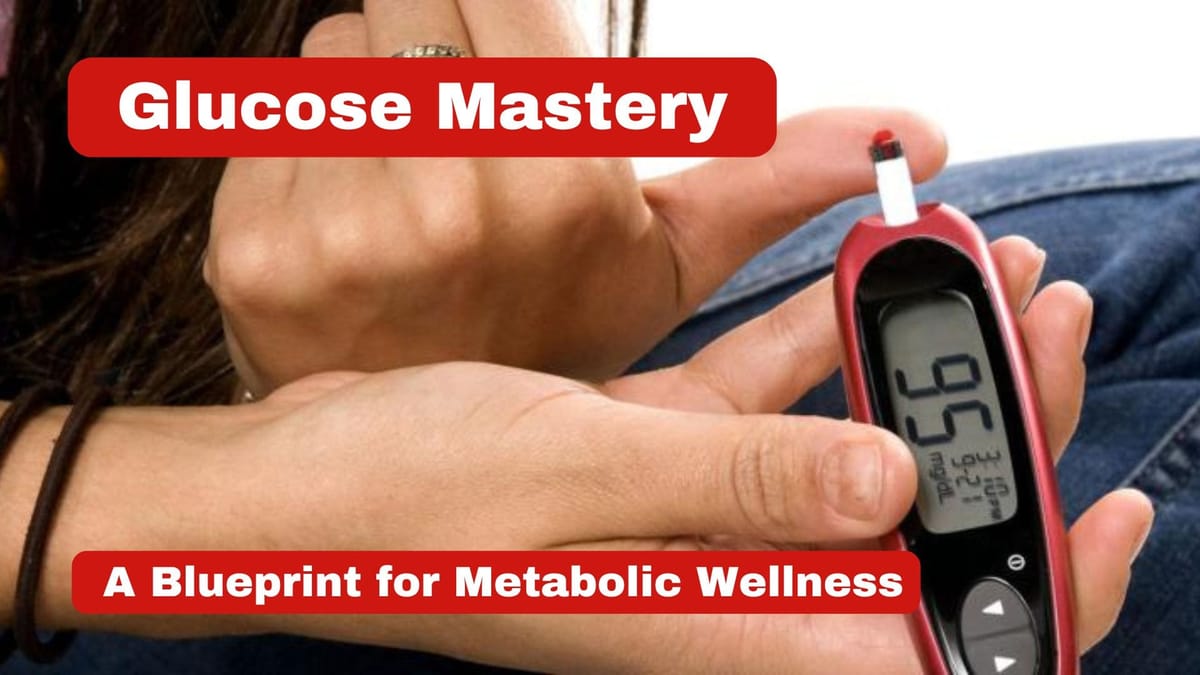
The Gut-Blood Pressure Connection
Recent research has unveiled a fascinating connection between gut health and blood pressure regulation. A healthy gut microbiome can help:
- Reduce inflammation
- Improve nutrient absorption
- Regulate hormones that affect blood pressure
To support gut health:
- Consume fermented foods rich in probiotics
- Eat plenty of fibre-rich foods that act as prebiotics
- Limit processed foods that can disturb gut balance
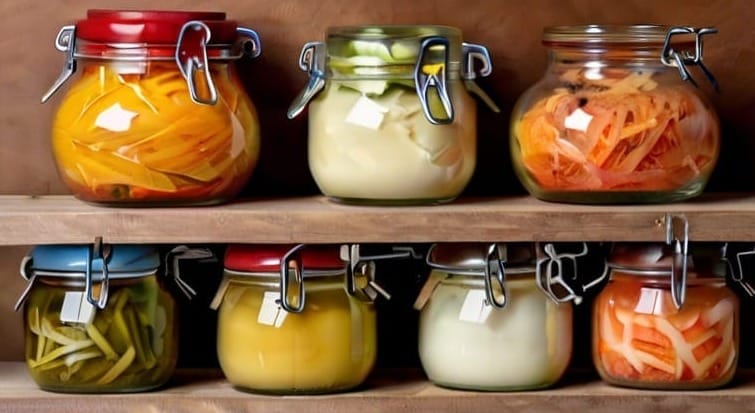
Sleep: The Overlooked Blood Pressure Regulator
Quality sleep is crucial for blood pressure regulation. Adults should aim for 7-9 hours of sleep nightly. Poor sleep quality has been linked to increased blood pressure and cardiovascular risk.

Natural Supplements That Show Promise
While diet should be your primary source of nutrients, certain supplements have shown potential in supporting healthy blood pressure:
Coenzyme Q10 (CoQ10) reduces systolic blood pressure by up to 17 points.
Garlic supplements, particularly aged garlic extract, can lower blood pressure by 8-10 points.
Magnesium supplements may help reduce blood pressure, particularly in people with deficiency.
Lifestyle Habits for Long-term Success
Maintaining healthy blood pressure requires consistent habits:
- Regular blood pressure monitoring at home
- Keeping a food and exercise journal
- Managing stress daily
- Getting regular health check-ups
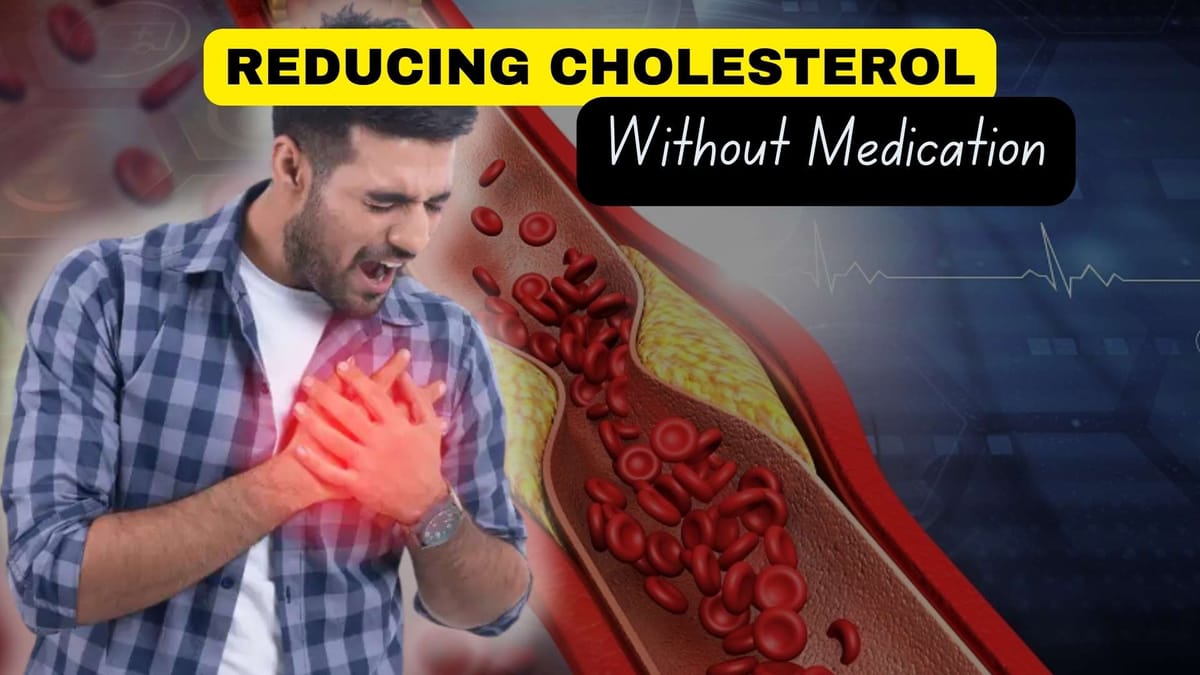
The Role of Social Support
A strong support system can help improve adherence to lifestyle changes and reduce stress. Consider:
- Joining exercise groups
- Participating in cooking classes
- Sharing your journey with family and friends
- Joining online support communities
Conclusion
While medication may be necessary for some individuals, natural approaches to blood pressure management can be remarkably effective. By implementing these evidence-based strategies and making sustainable lifestyle changes, many people can achieve and maintain healthy blood pressure levels. Remember to consult with healthcare providers before making significant changes to your health routine, especially if you're currently on blood pressure medication.
The key to success is gradual, sustainable changes rather than dramatic short-term modifications. Start with one or two changes and build upon your success. Your heart health journey is a marathon, not a sprint - every small step counts toward better health.




